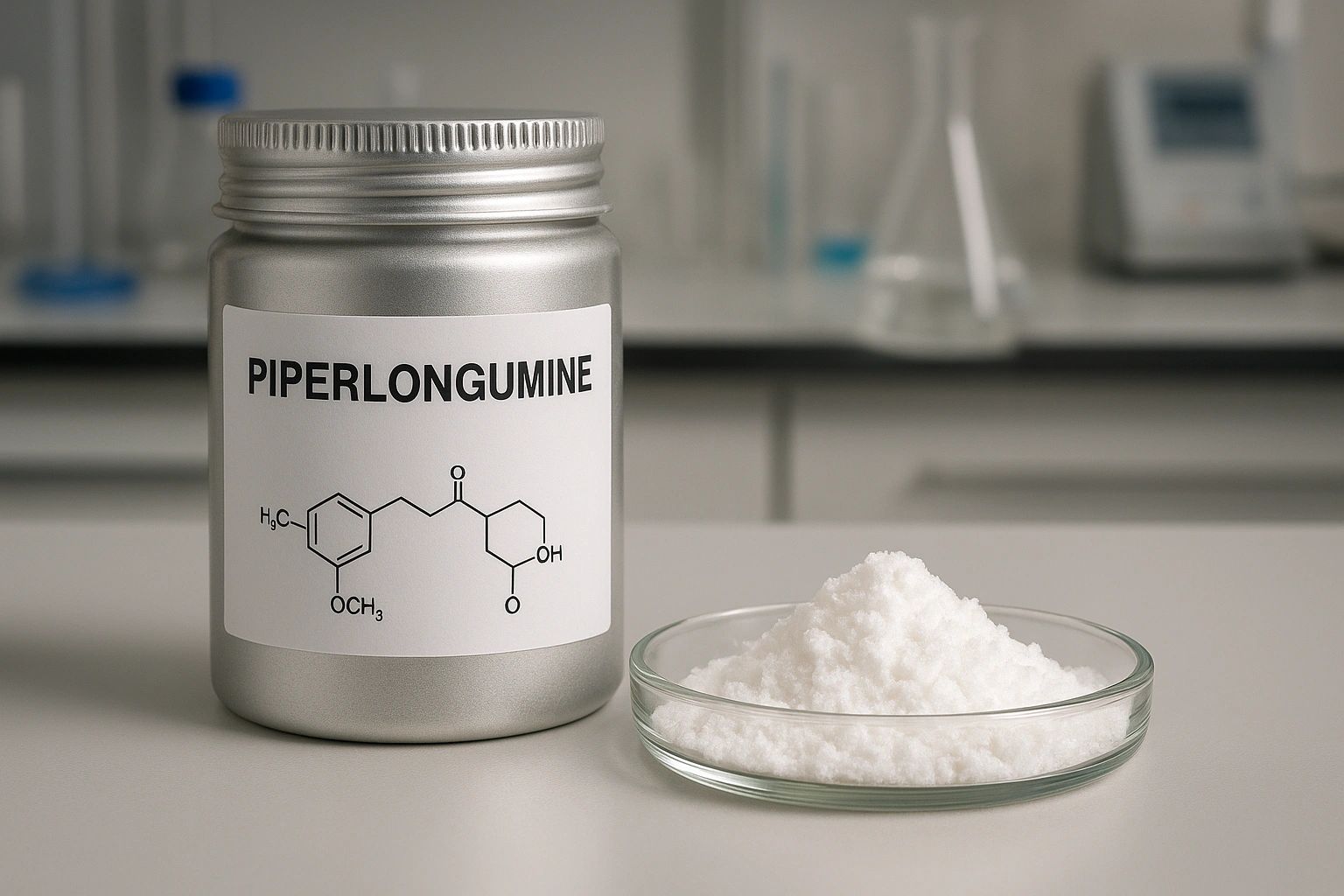Recent laboratory evidence positions Fisetin alongside the Dasatinib-Quercetin duo as promising anticancer agents that regulate critical signaling to reduce malignant proliferation and present novel clinical prospects
Navitoclax ABT-263 — A Small Molecule BCL-2 Inhibitor for Cancer
Navitoclax (ABT-263) operates by binding BCL-2 proteins to disable survival mechanisms in tumors, facilitating apoptosis and addressing treatment refractoriness
Assessing UBX1325’s Antitumor Activity in Laboratory and Animal Studies
Preclinical evaluation of UBX1325 highlights its potential as an anticancer agent with notable activity in both cellular assays and animal studies
Evaluating Fisetin for Reversing Drug Resistance in Cancer Models
Experimental data propose that Fisetin disrupts cellular adaptations responsible for drug refractoriness and may sensitize tumors to existing agents
- Moreover, studies indicate Fisetin can downregulate resistance-associated proteins and effector enzymes to blunt adaptive survival responses
- Animal and cell-based studies indicate Fisetin improves responsiveness to diverse therapeutic classes and helps overcome resistance
Therefore, Fisetin’s multifaceted actions support its potential utility in combination regimens to counteract resistance and improve patient benefit
Fisetin and Dasatinib-Quercetin Collaboration: Effects on Cancer Cell Survival
Investigations report that the mechanistic complementarity of Fisetin and Dasatinib-Quercetin underlies significant reductions in cancer cell viability
Continued experimental work should define the signaling networks and pharmacologic parameters that enable maximal synergistic benefit
Strategic Combinations of Fisetin, BCL-2 Inhibitors and UBX1325 in Oncology
A multifaceted regimen that pairs Fisetin with BCL-2 antagonists like Navitoclax and agents such as UBX1325 aims to attack different survival and growth pathways concurrently to improve antitumor efficacy
- Fisetin is noted for anti-inflammatory and pro-apoptotic activity across multiple cancer models and may complement targeted drugs
- Navitoclax’s role as a pro-apoptotic facilitator supports its inclusion in multi-agent approaches
- UBX1325’s multifactorial antineoplastic effects can complement agents that target survival pathways
Taken together, these complementary mechanisms provide a rational basis for combined regimens that seek more durable and effective anticancer responses
Deciphering How Fisetin Exerts Anticancer Effects
Mechanistic studies indicate Fisetin’s diverse influence on signaling and cellular programs underlies its potential as an anticancer agent
Comprehensive mechanistic characterization of Fisetin will inform rational design of derivatives and combination regimens for clinical testing
Dasatinib and Quercetin Combined: Preclinical Evidence and Mechanistic Considerations
Preclinical observations show the Dasatinib-Quercetin duo increases apoptosis, reduces angiogenesis and limits metastatic traits through coordinated pathway modulation
- Ongoing studies focus on mapping the signaling interactions that enable the combination’s amplified anticancer efficacy
- Clinical development plans are considering trials to determine safety profiles and potential benefits of the combination in relevant indications
- The Dasatinib-Quercetin concept exemplifies strategic pairing of targeted and natural compounds to enhance therapeutic impact
Synthesis of Experimental Evidence for Fisetin, Dasatinib-Quercetin and UBX1325

An integrated review of laboratory studies points to the promise of these agents as components of multipronged anticancer regimens pending safety and clinical validation
- Thorough preclinical characterization will determine whether Fisetin co-therapies offer favorable risk-benefit profiles for clinical translation Thorough preclinical characterization will determine whether Fisetin co-therapies offer favorable risk-benefit profiles for clinical translation Systematic preclinical testing is required to validate that Fisetin-containing regimens improve response rates without unacceptable toxicity
- Data indicate Fisetin exerts multipronged anticancer effects that warrant translational exploration
- The combination of a kinase inhibitor with a flavonoid demonstrates amplified efficacy through multipathway modulation in preclinical assays
- Preclinical profiling of UBX1325 indicates it can inhibit tumor growth through mechanisms such as angiogenesis suppression and induction of cellular stress
Navitoclax Resistance: Overcoming Challenges with Novel Combination Therapies
To counteract resistance, researchers are testing Navitoclax alongside compounds that target distinct cellular processes, aiming to reduce adaptive escape and improve outcomes
Investigating the Therapeutic Index of Fisetin Combinations in Models
Research is actively evaluating whether pairing Fisetin with established anticancer agents increases therapeutic benefit while maintaining acceptable safety in preclinical systems